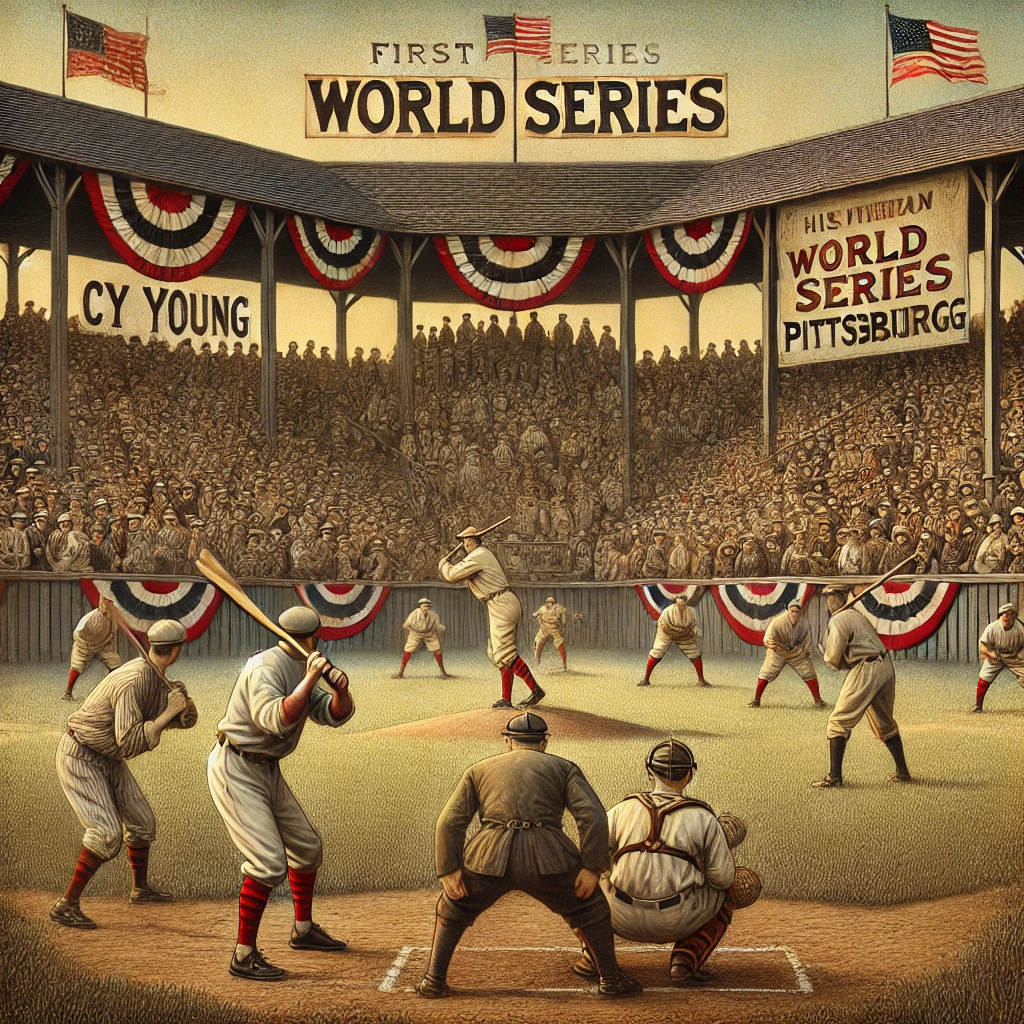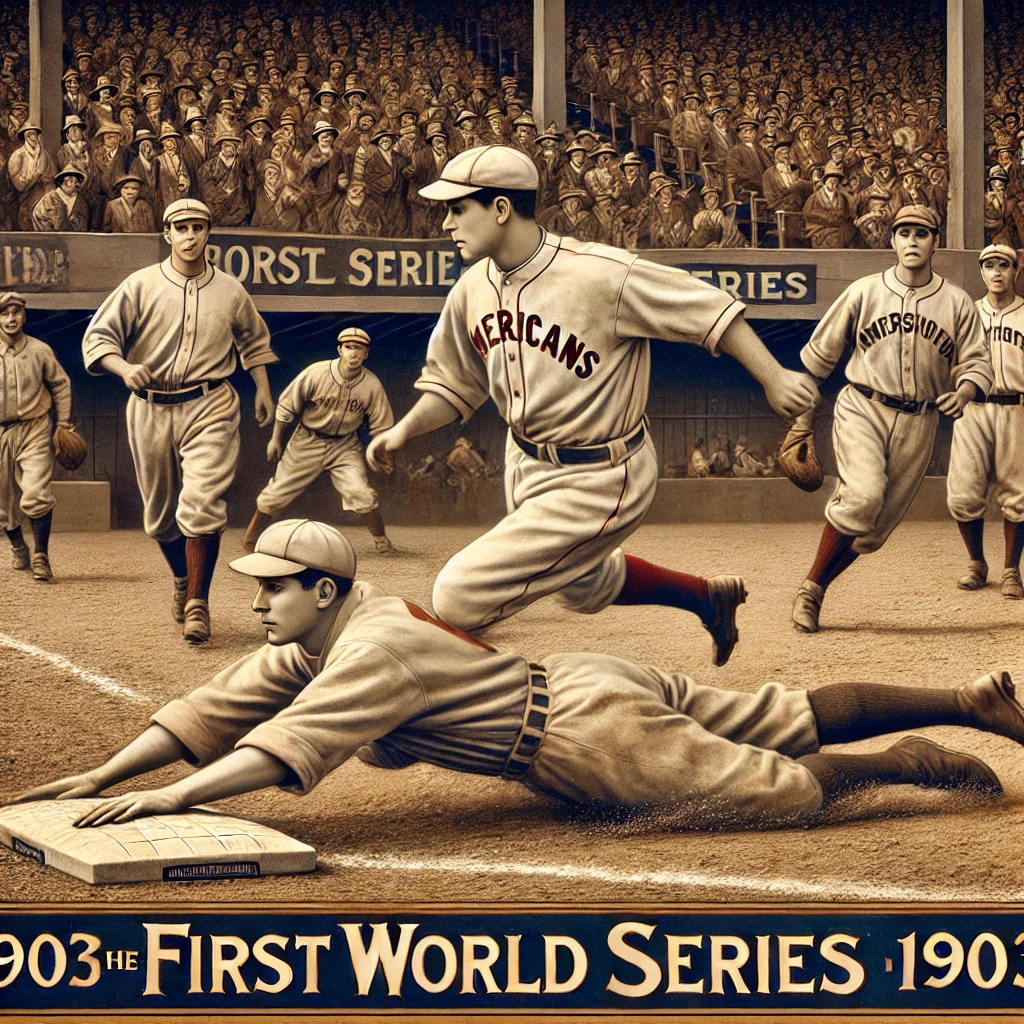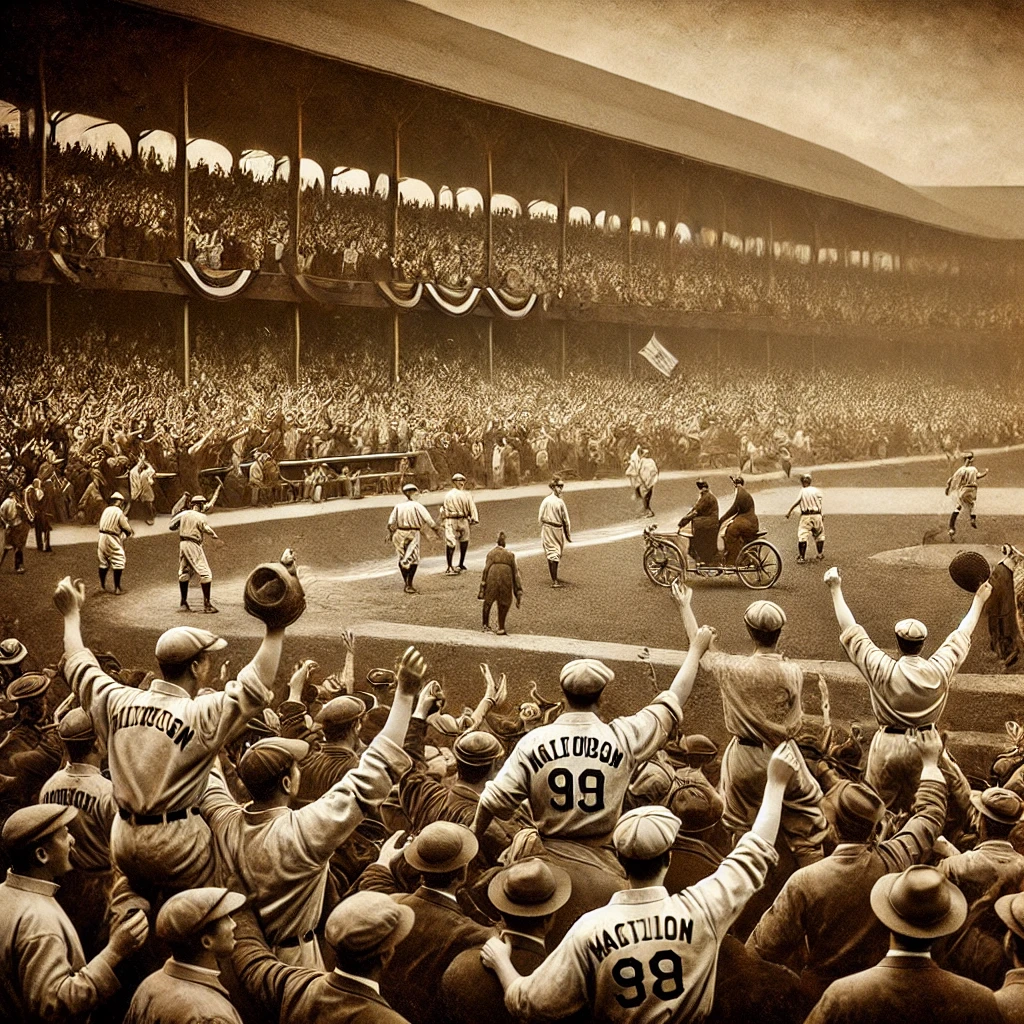On October 13, 1903, the Boston Americans, who would later become known as the Boston Red Sox, made history by defeating the Pittsburgh Pirates in the inaugural modern World Series. This landmark event not only established the World Series as a cornerstone of American sports culture but also set the stage for a storied rivalry that would shape the landscape of Major League Baseball (MLB) for years to come.

The Birth of the World Series
The origins of the World Series can be traced back to the late 19th century when the National League and the American League were established as separate entities within professional baseball. By the turn of the century, both leagues had grown in popularity, and discussions about a championship series began to surface. The idea was to pit the champions of both leagues against each other to determine the best team in baseball.
In 1903, after much negotiation, the two leagues finally agreed to hold a championship series, setting the stage for what would become an annual tradition. The Boston Americans, led by their star pitcher Cy Young, emerged as the American League champions, while the Pittsburgh Pirates, with their star player Honus Wagner, represented the National League. The series consisted of a best-of-nine format, creating a competitive environment that heightened the stakes for both teams.

The Series Unfolds
The first game of the series was played at the Huntington Avenue Grounds in Boston, where the Americans hosted the Pirates. The match was attended by a large crowd, eager to witness history in the making. The games were closely contested, showcasing the talent and skill of both teams. The Boston Americans took an early lead in the series, winning the first two games, but the Pirates quickly responded by winning the next game.
As the series progressed, it became evident that this championship was about more than just winning; it represented a pivotal moment in the evolution of baseball as America’s pastime. The games were filled with thrilling plays, strategic maneuvers, and moments of high drama that captivated fans and solidified the sport’s place in American culture.
The Historic Finale
After a series of ups and downs, the Boston Americans secured their victory by winning the series four games to three. The clinching game took place on October 13, 1903, where they triumphed over the Pirates in front of a fervent home crowd. The excitement of the win sent waves of joy through Boston, marking a significant achievement for the team and the city.

The victory was not only historic for the Boston Americans but also for Major League Baseball as a whole. It solidified the importance of the World Series in American sports and established a tradition that would continue for generations. The players, including Cy Young and team captain Jimmy Collins, were celebrated as heroes, their names forever etched in the annals of baseball history.
The Legacy of the 1903 World Series
The first modern World Series set a precedent for the championship format that continues today. It became an annual event, drawing millions of viewers and fans from all over the country, creating a sense of unity and excitement that transcended regional loyalties. The series laid the groundwork for future generations of players and teams, fostering fierce rivalries and memorable moments in baseball history.
The victory of the Boston Americans over the Pittsburgh Pirates in the first modern World Series on October 13, 1903, marked a defining moment in American sports history. It established the World Series as a cherished tradition and showcased the passion and dedication of players and fans alike. As we reflect on this historic event, we recognize the profound impact of the World Series on the culture of baseball and its enduring legacy in American society. The spirit of competition, community, and celebration that originated with this inaugural series continues to resonate, reminding us of the timeless allure of America’s favorite pastime.
